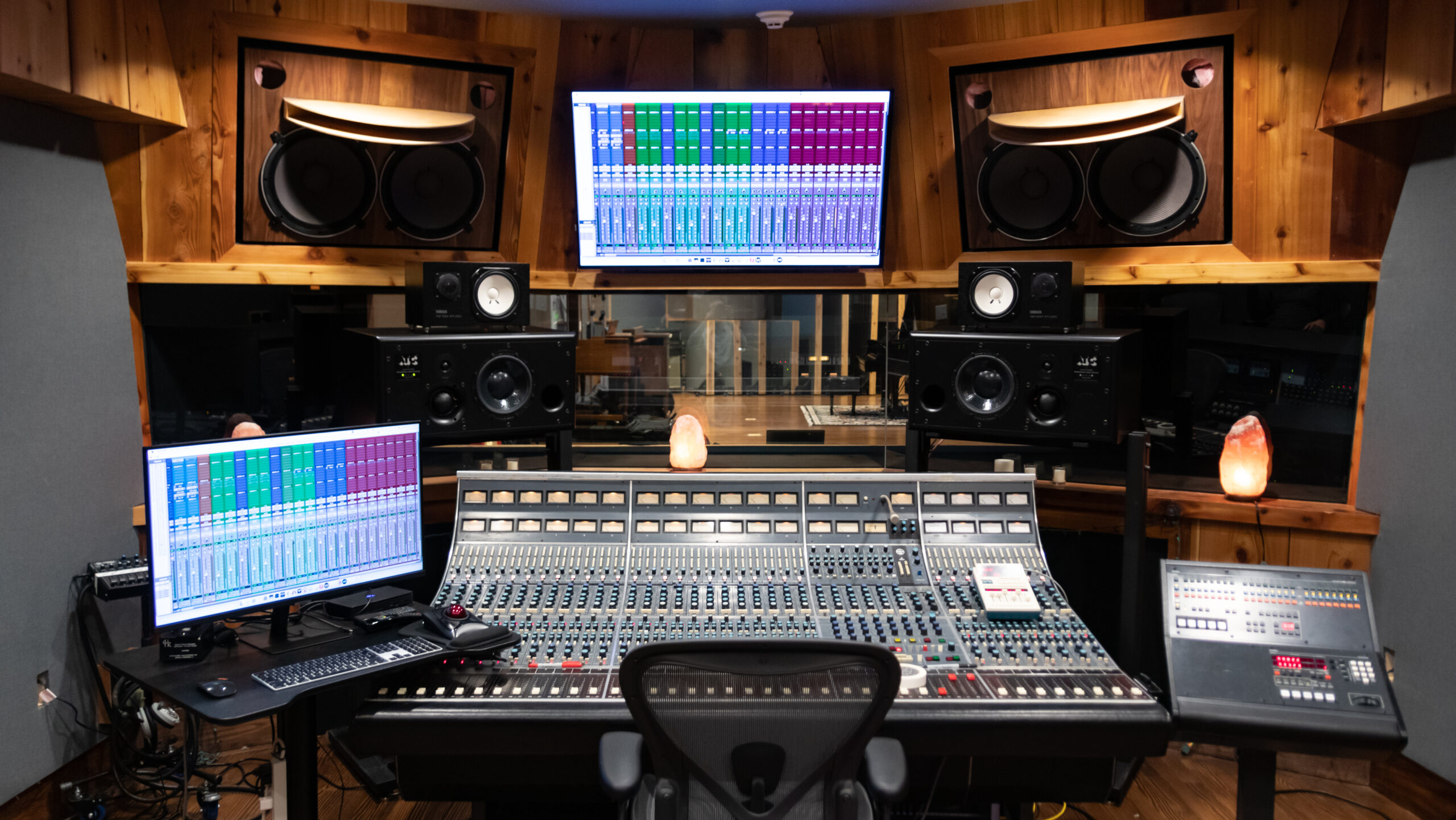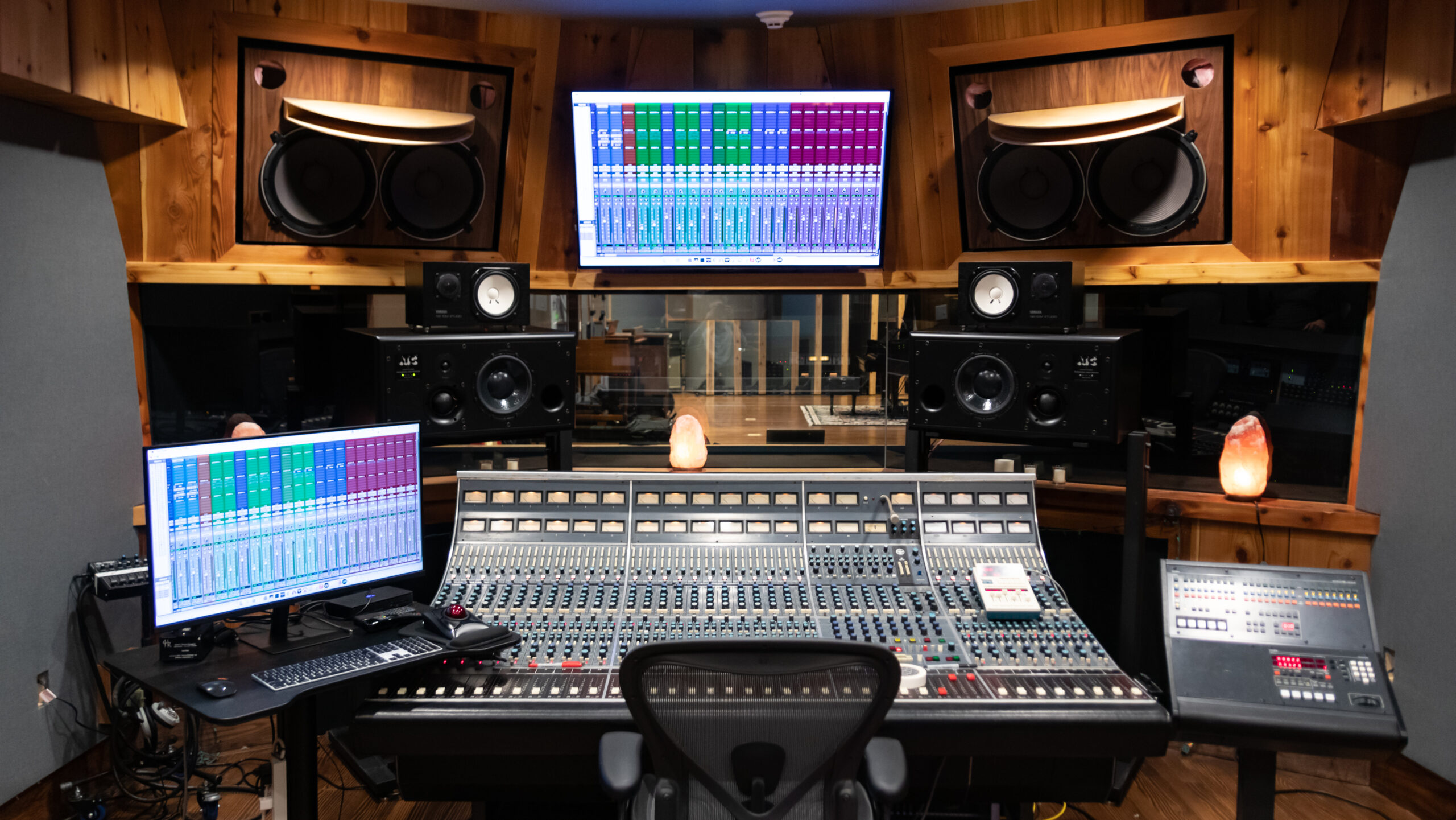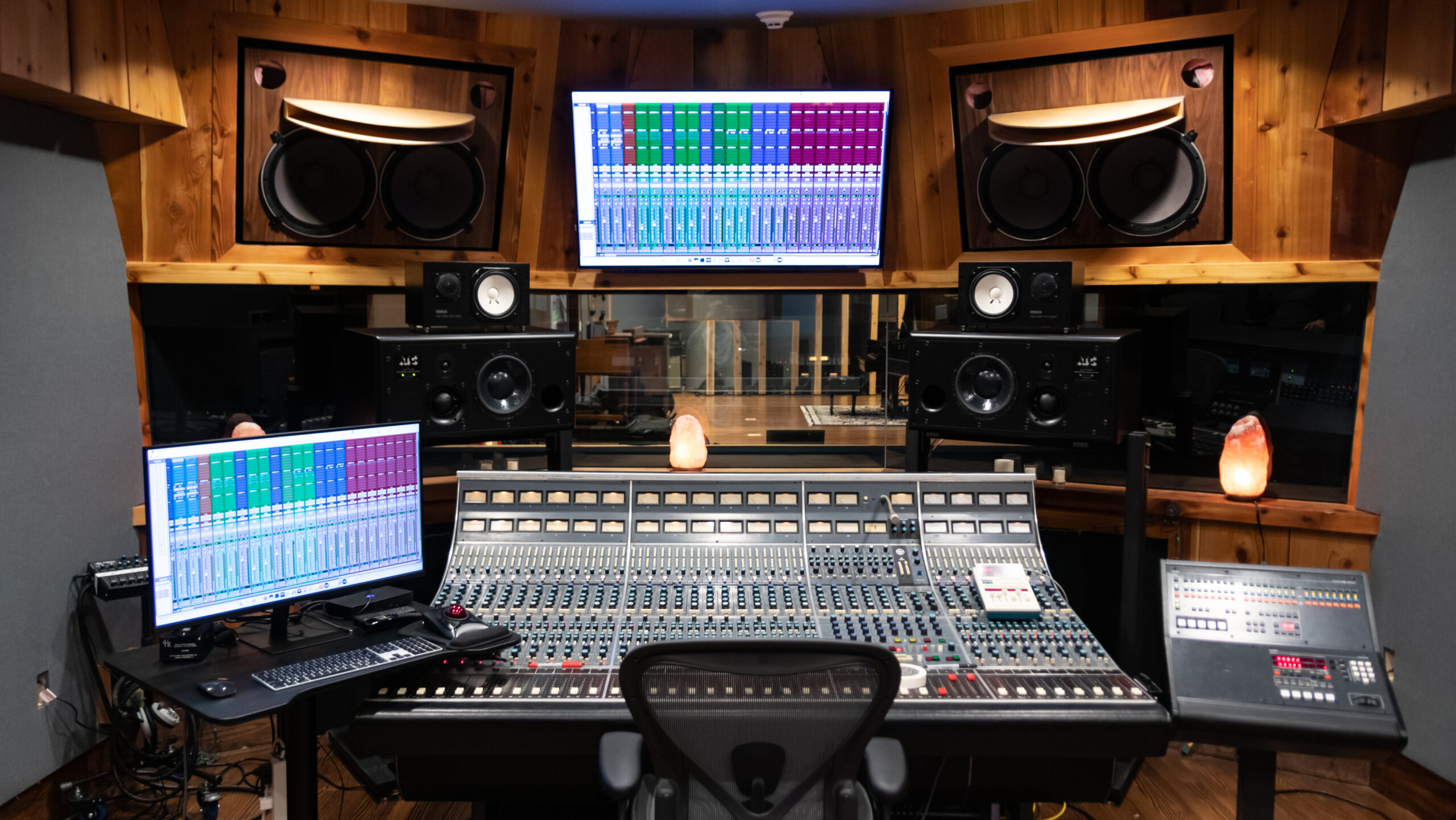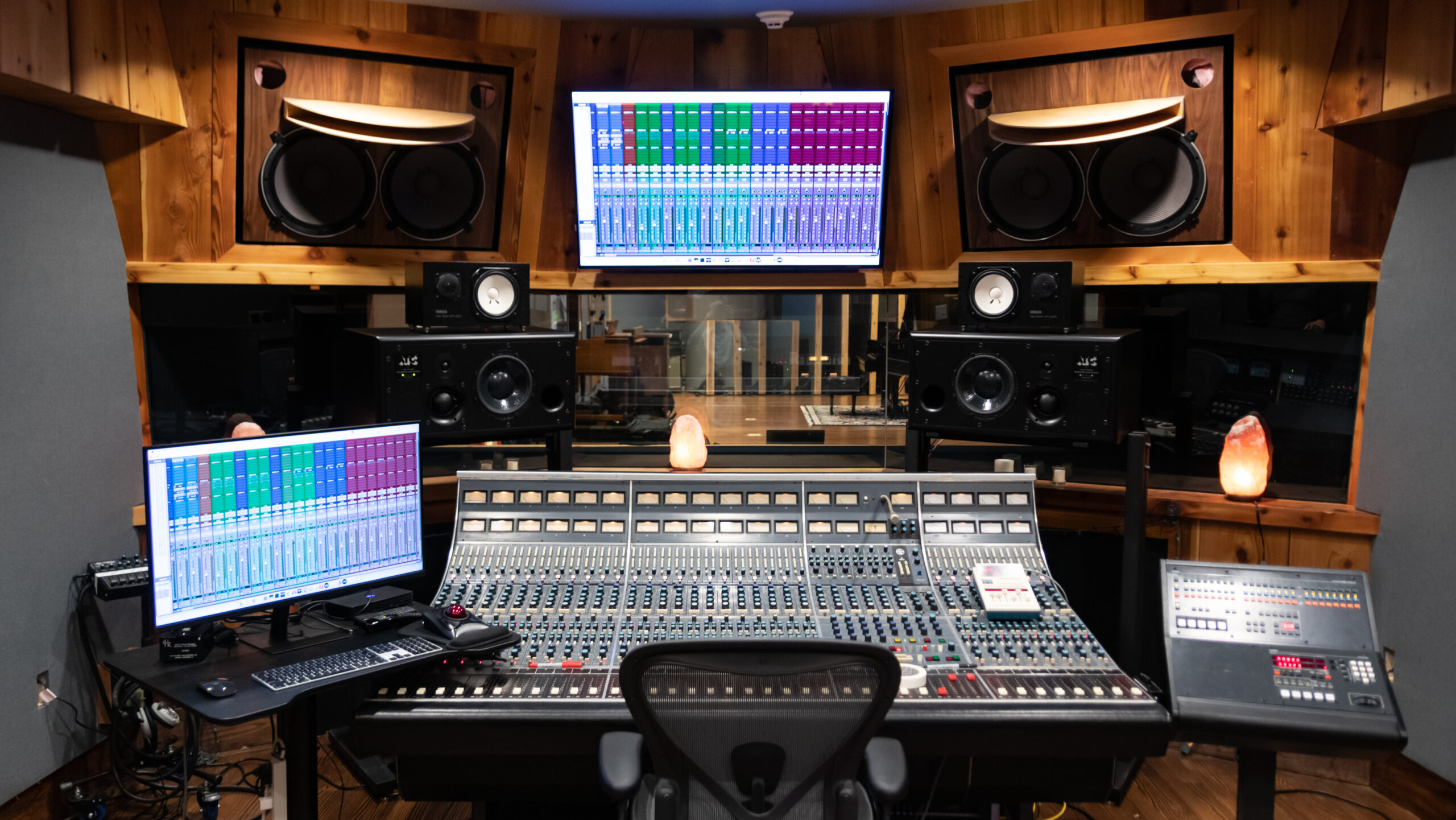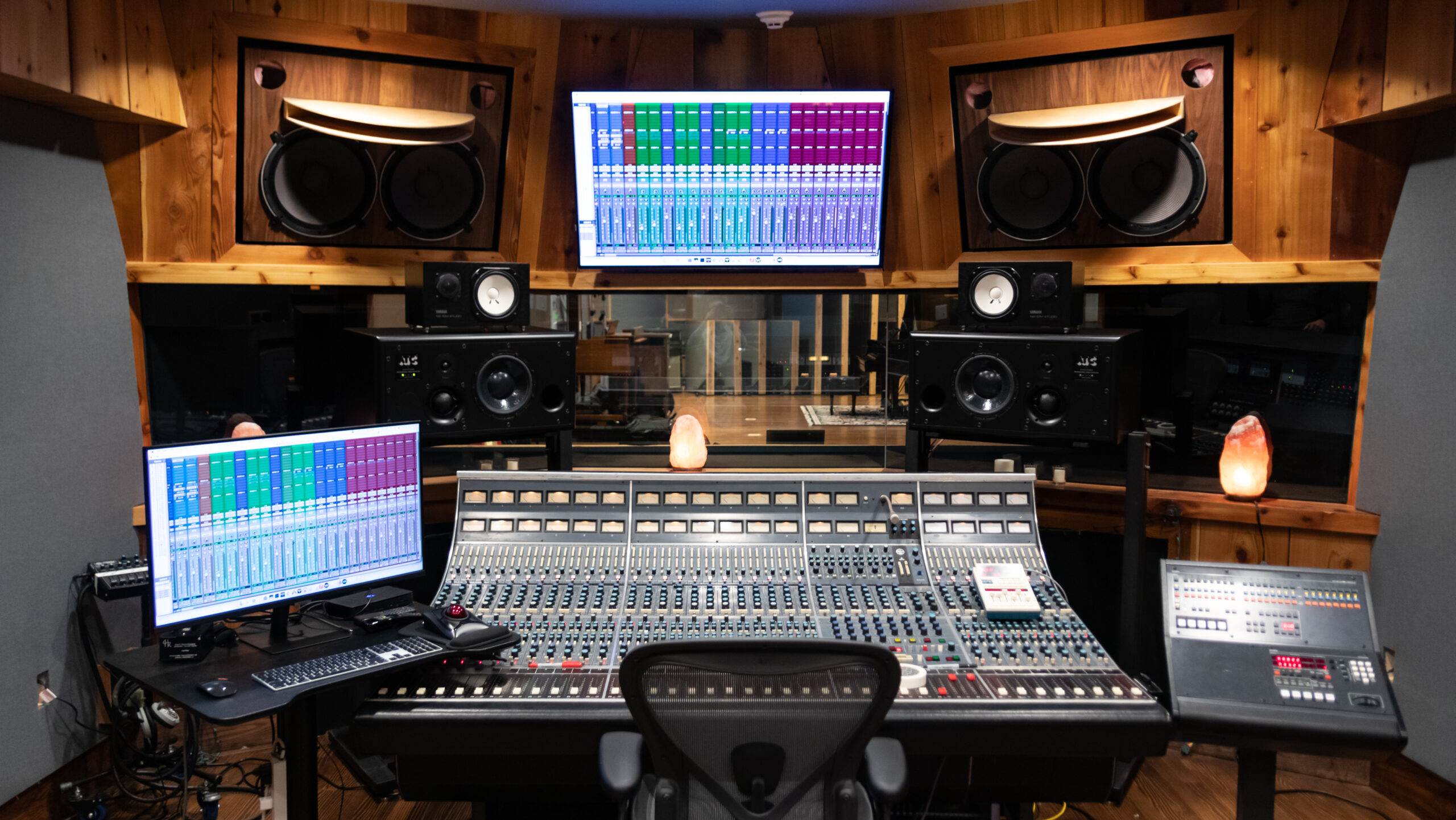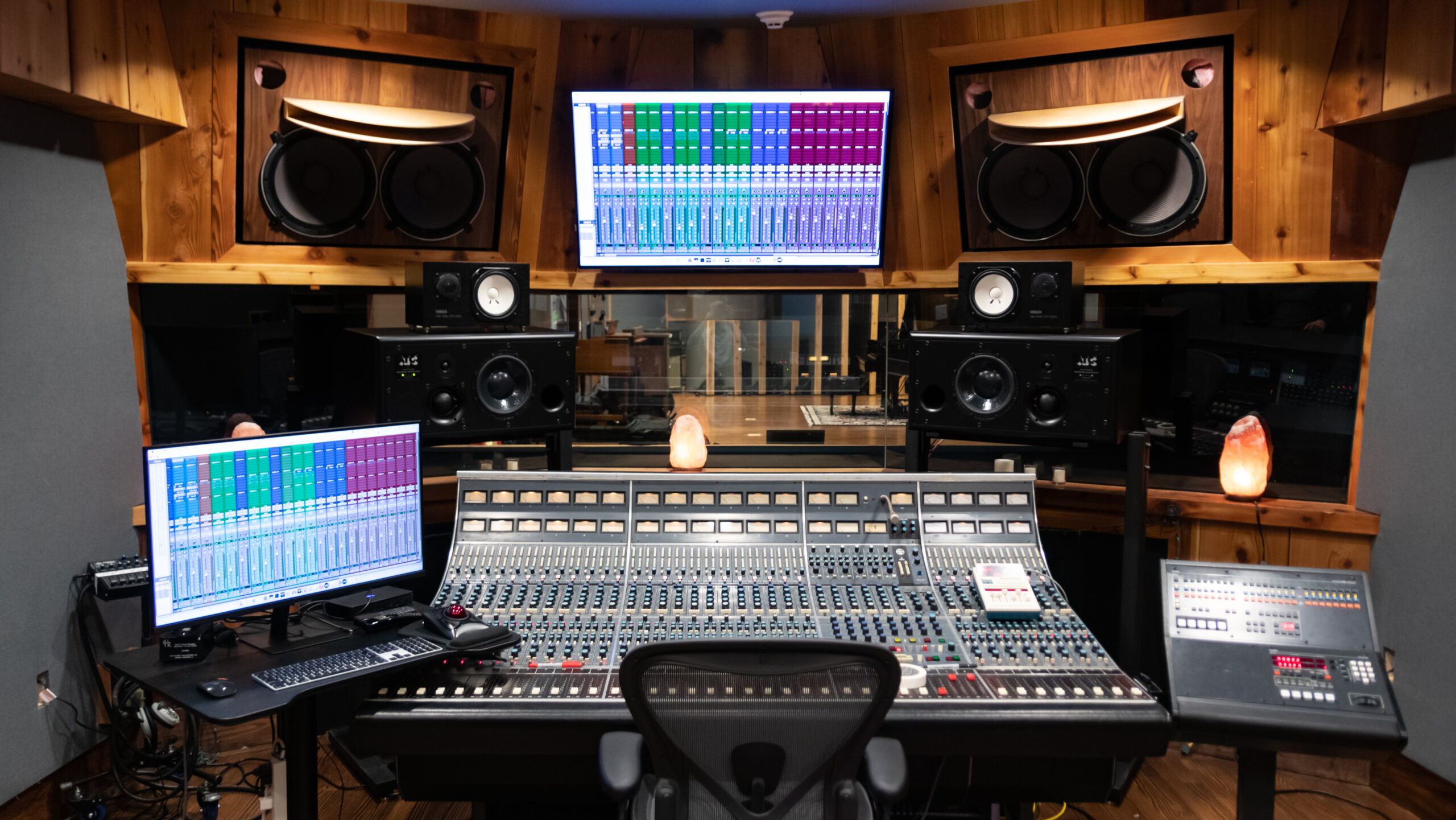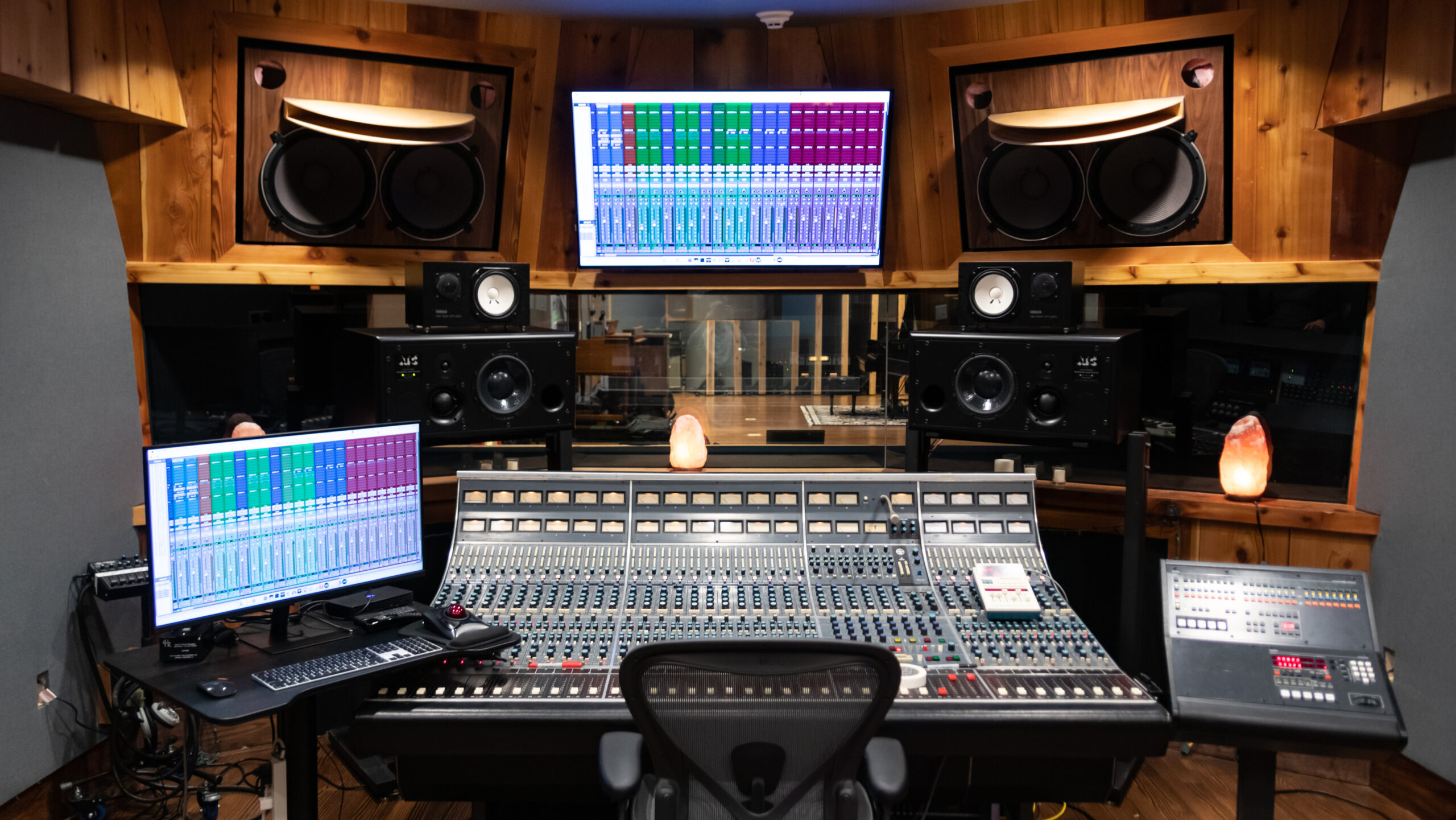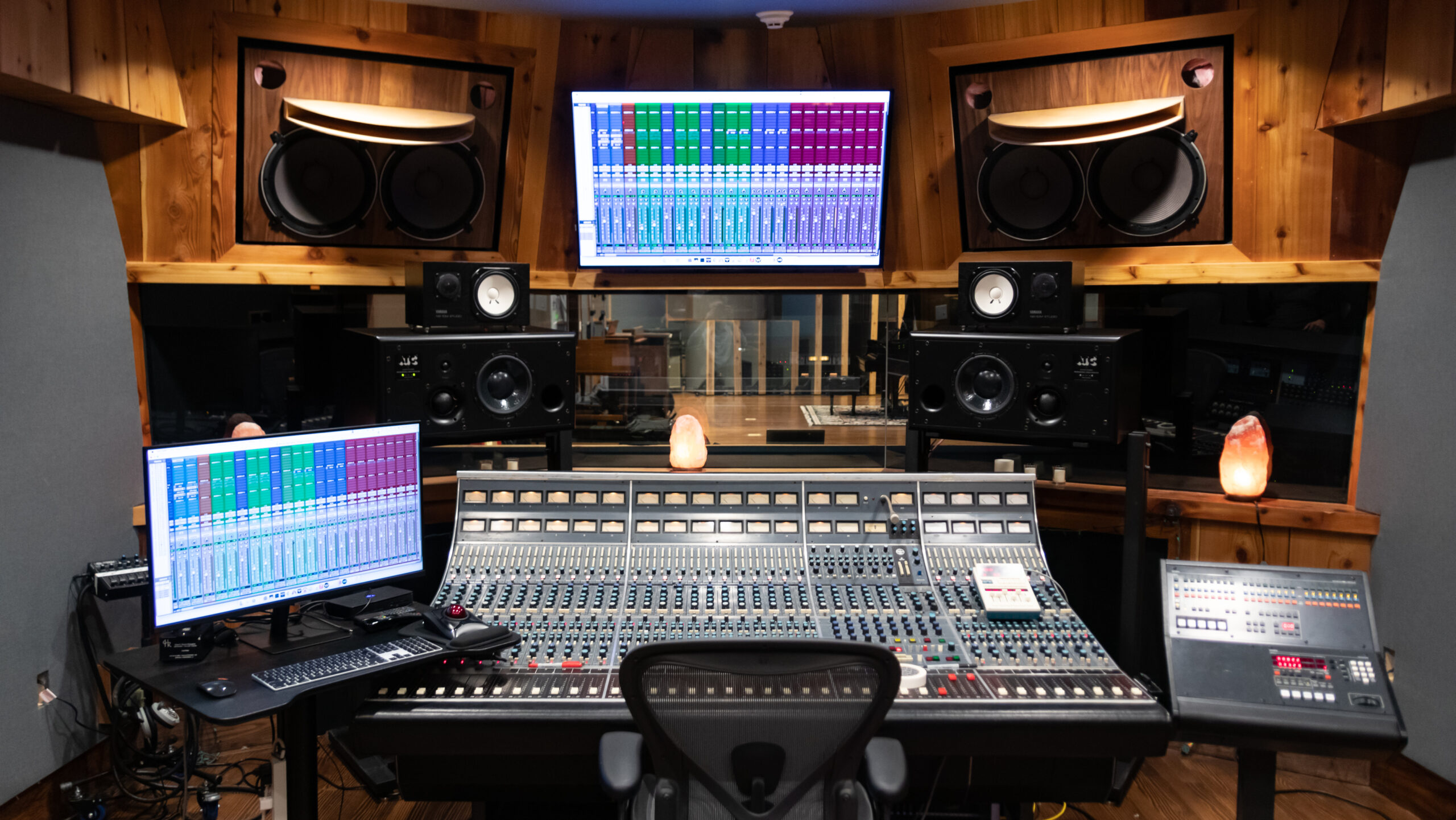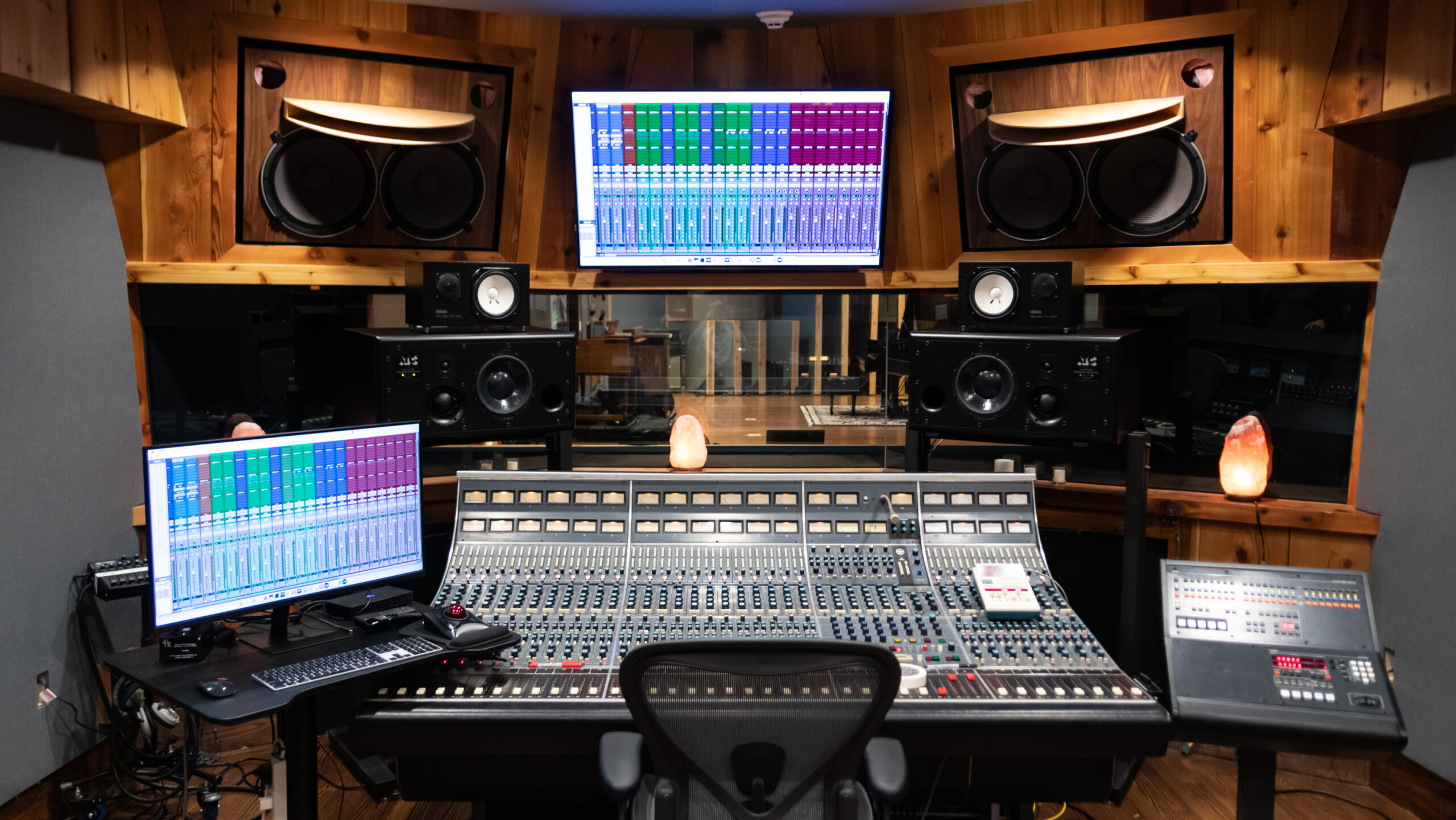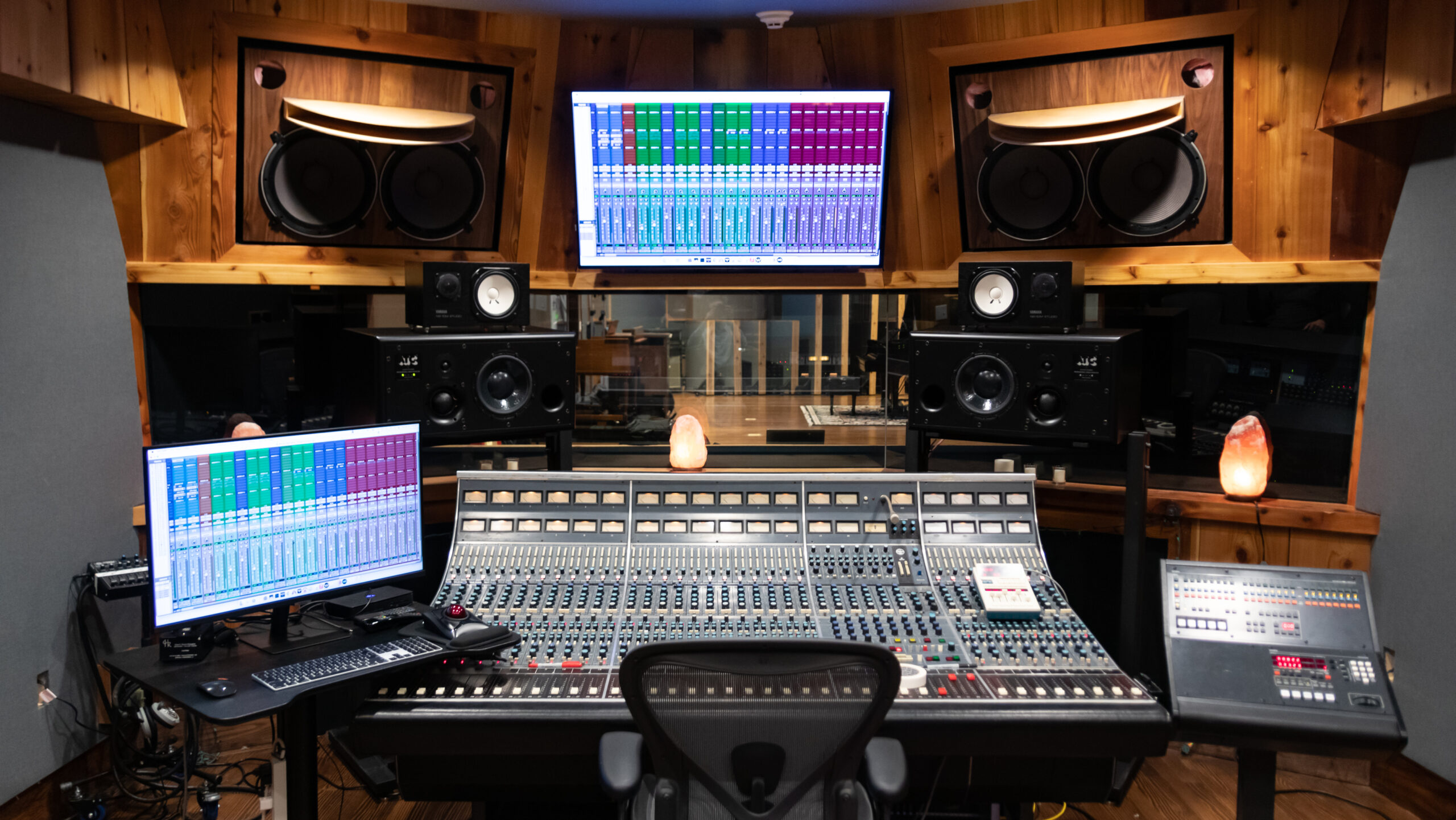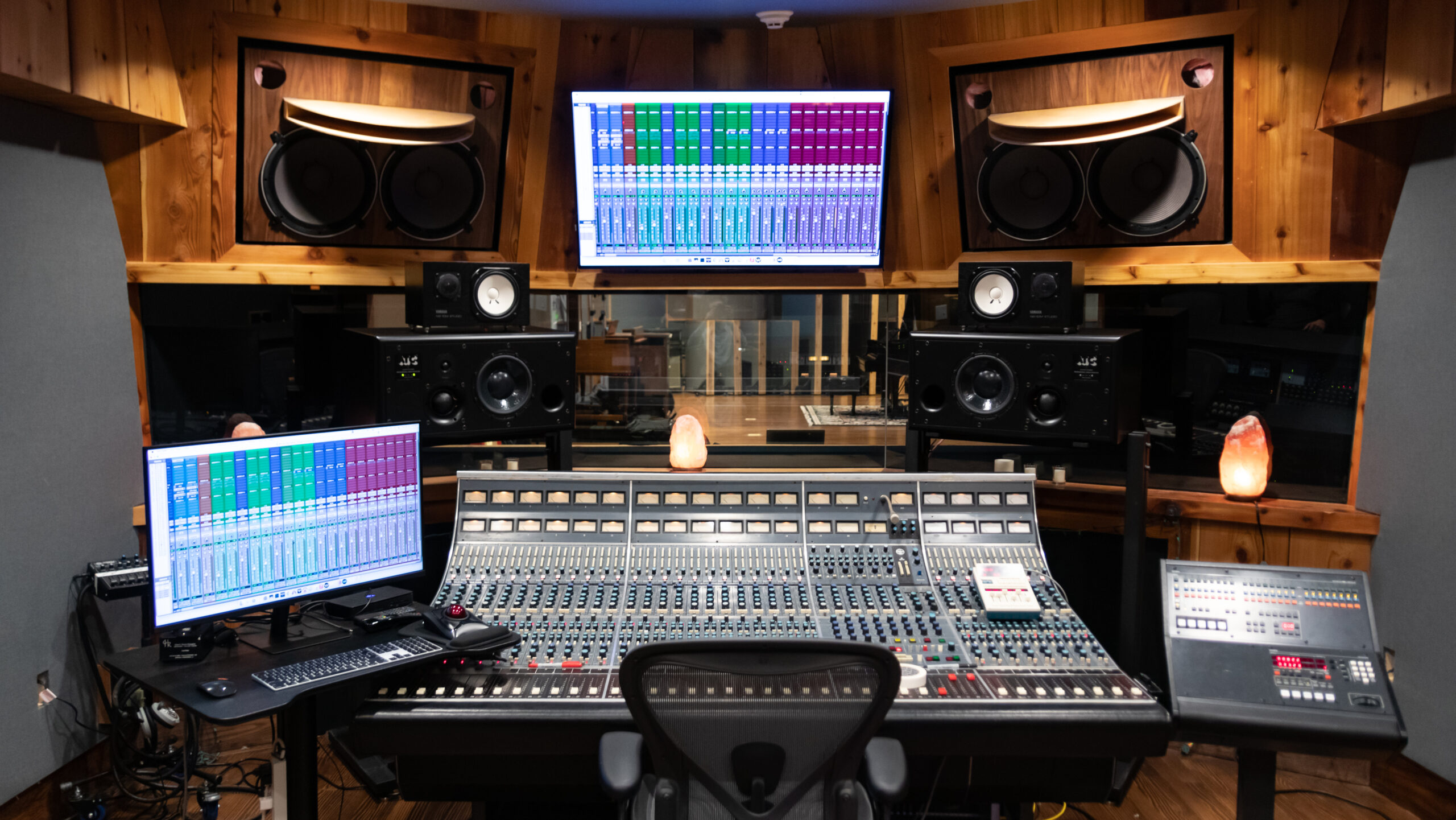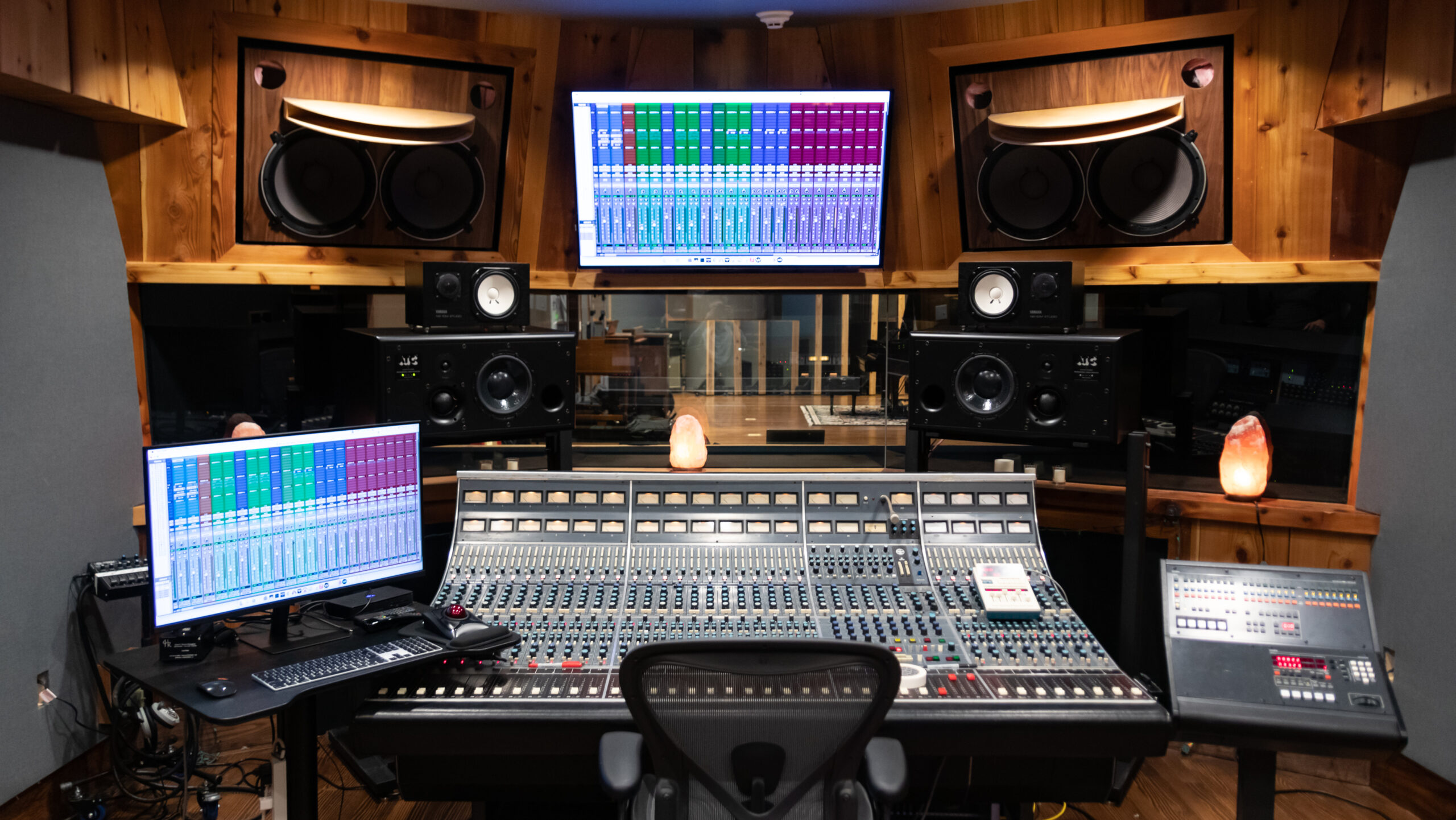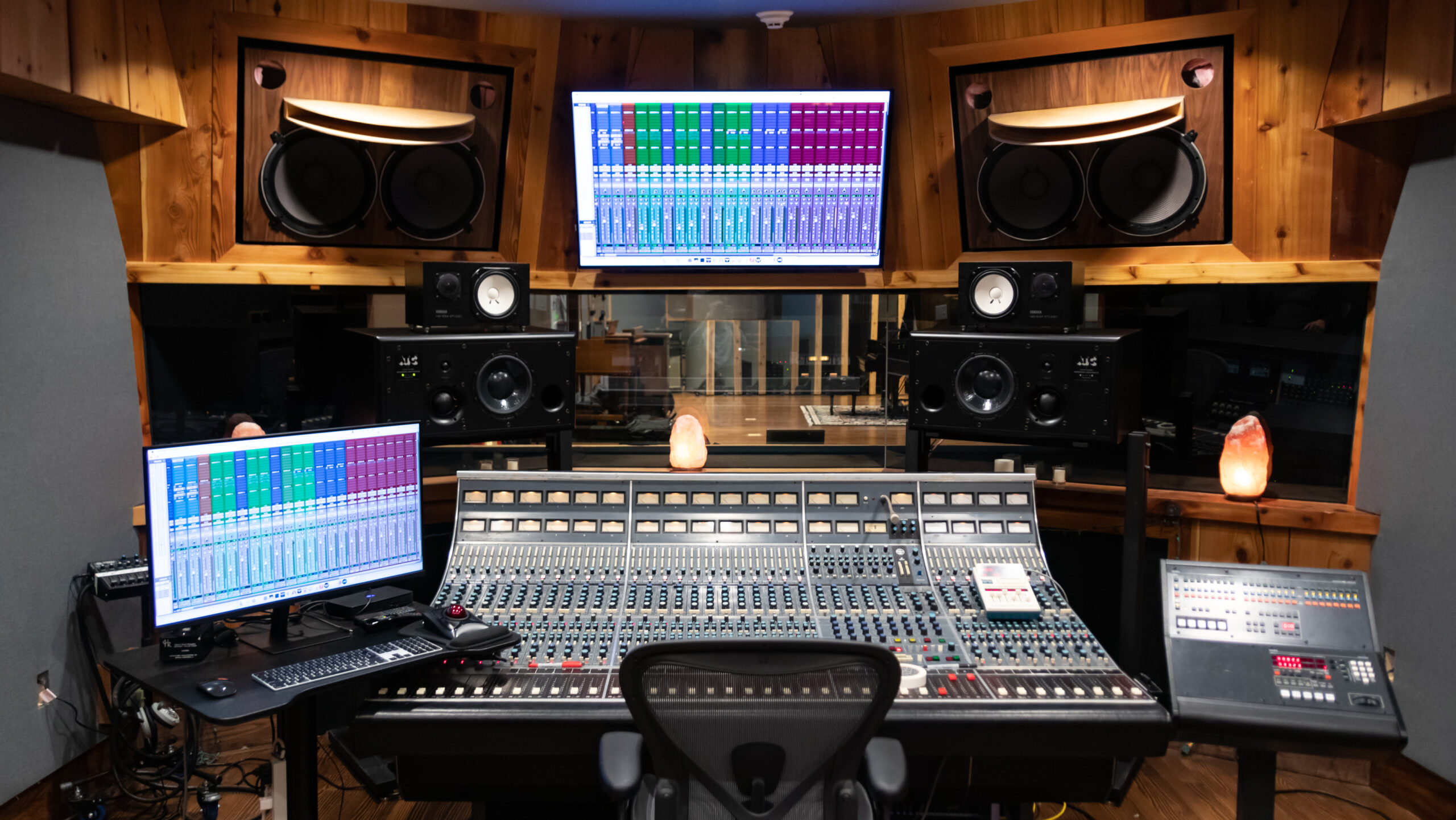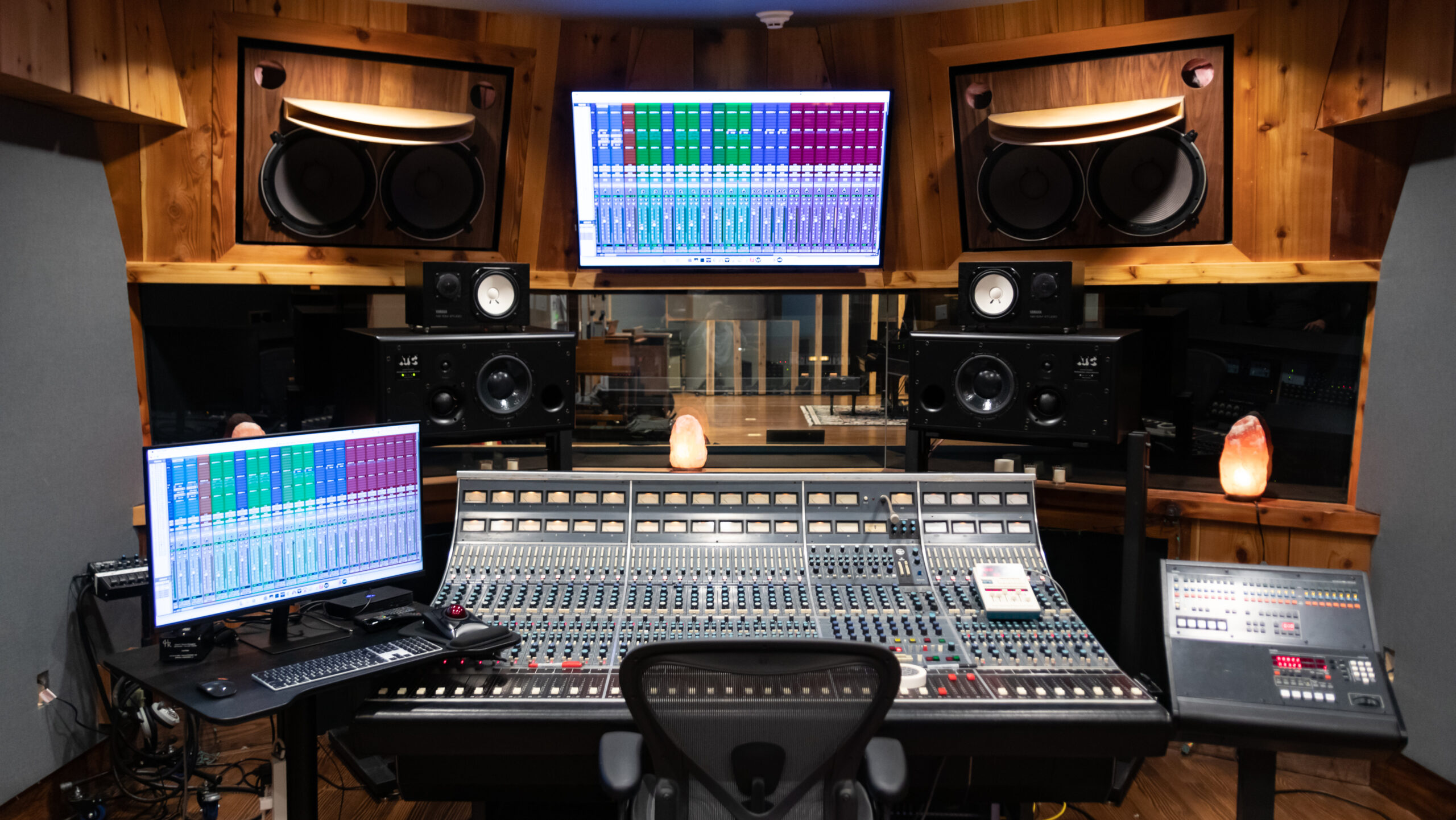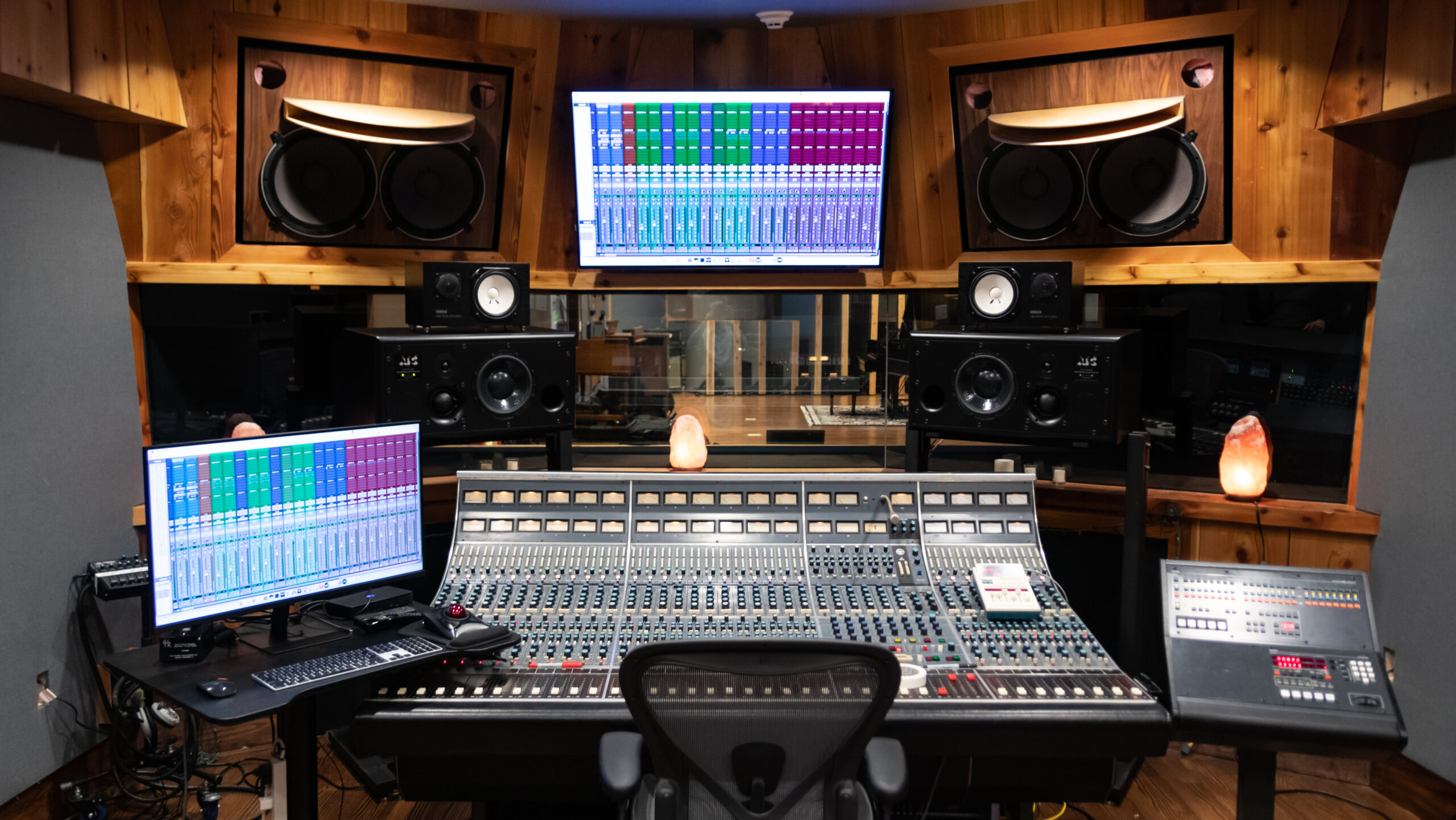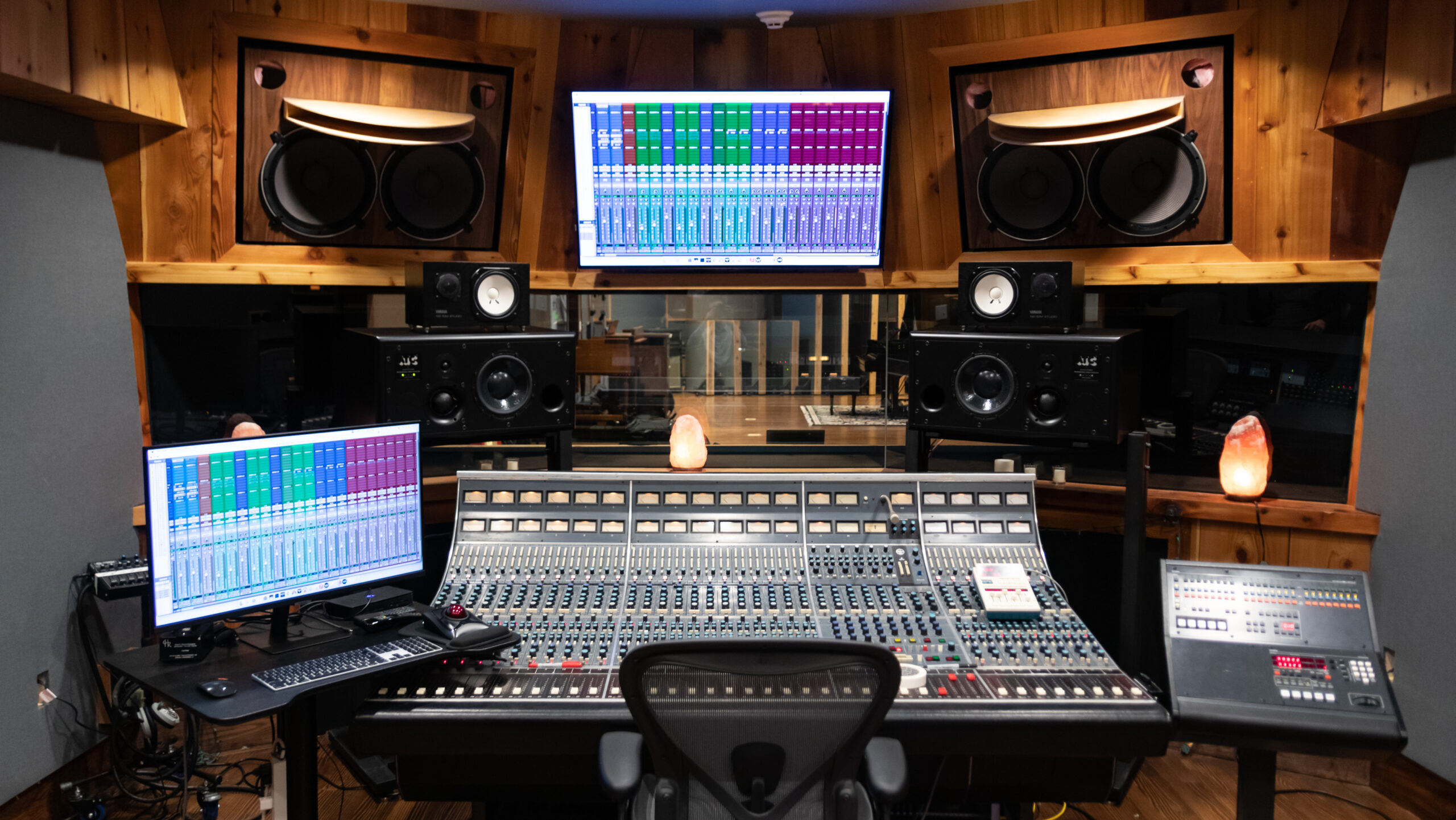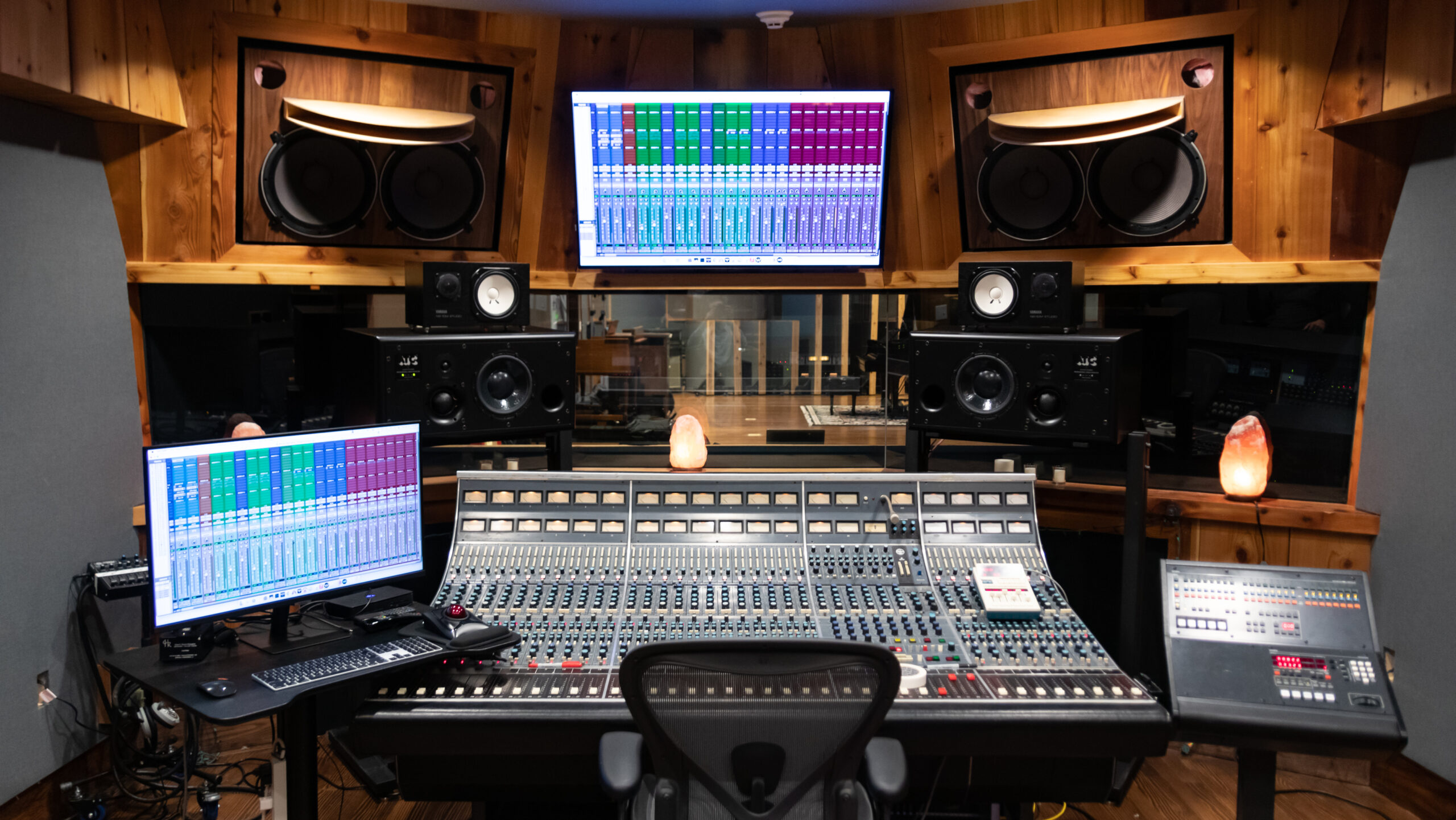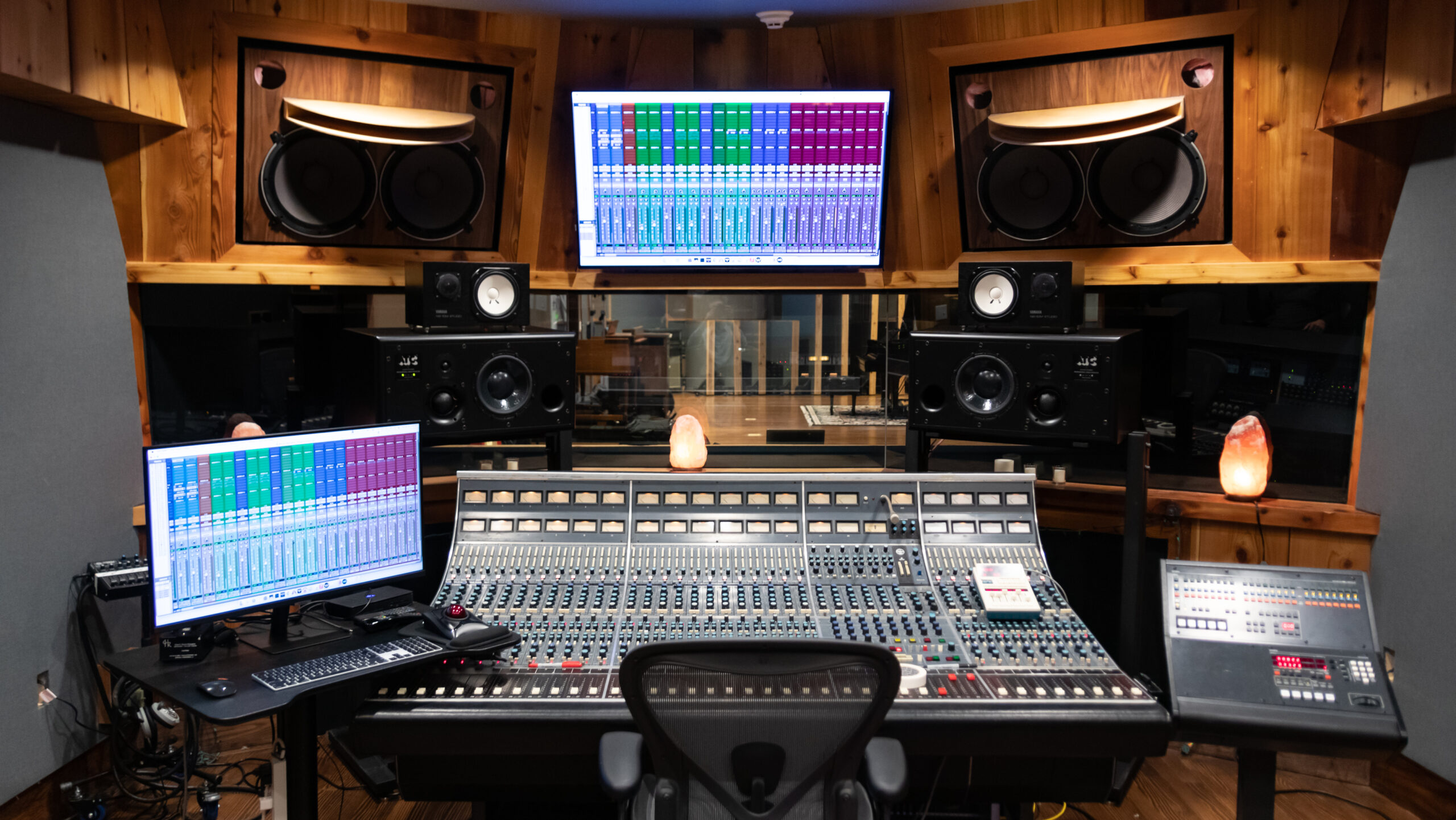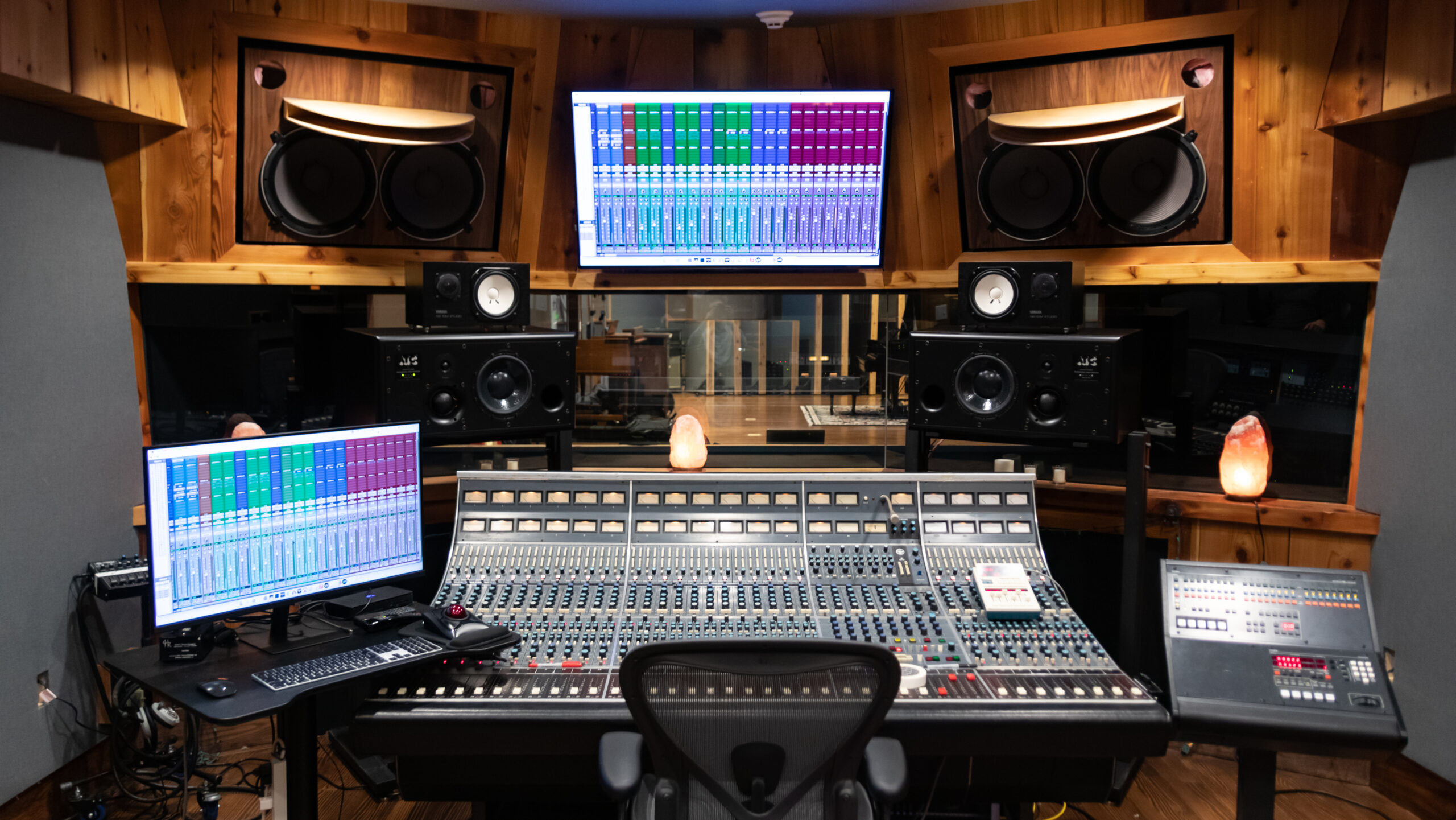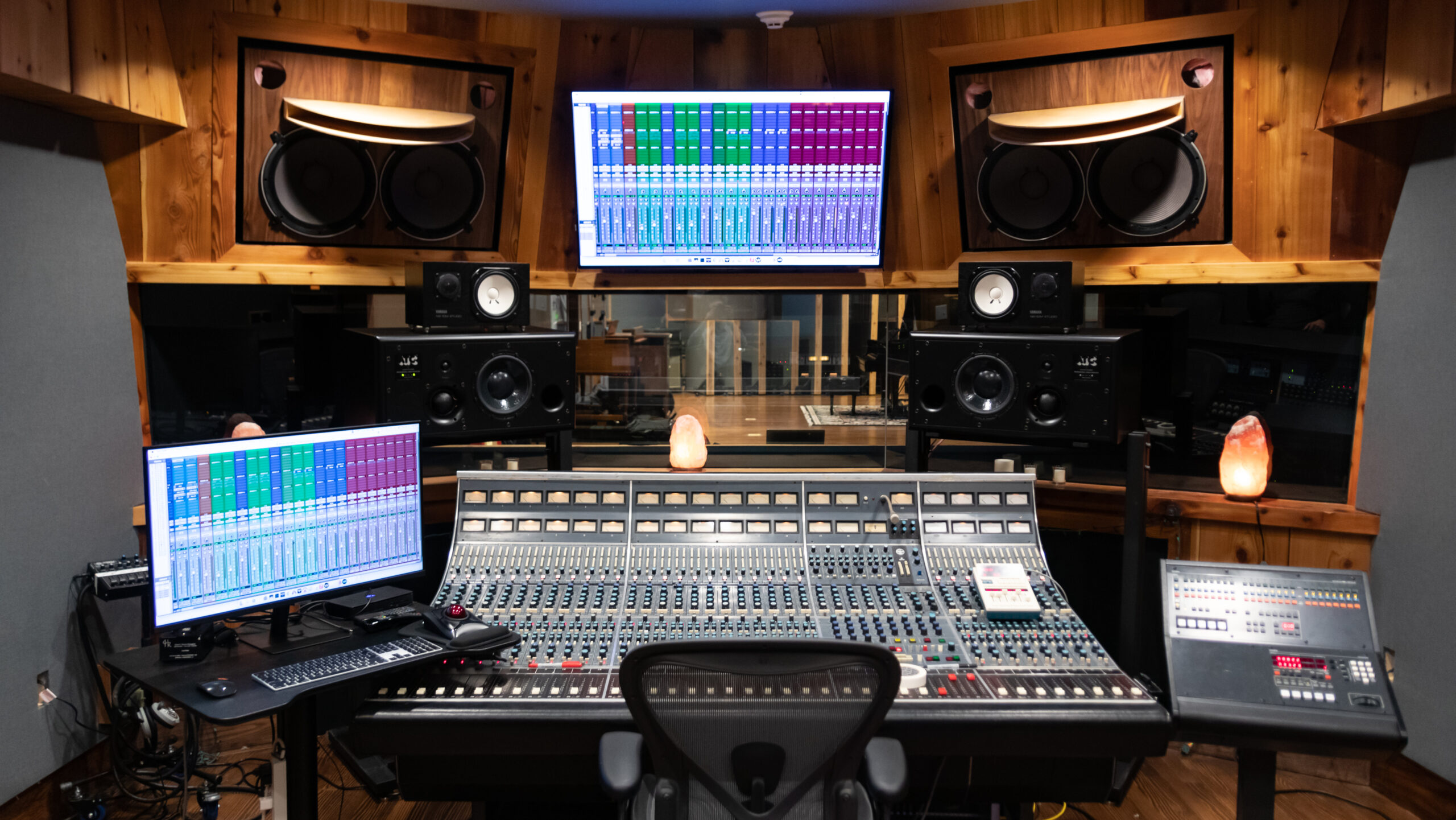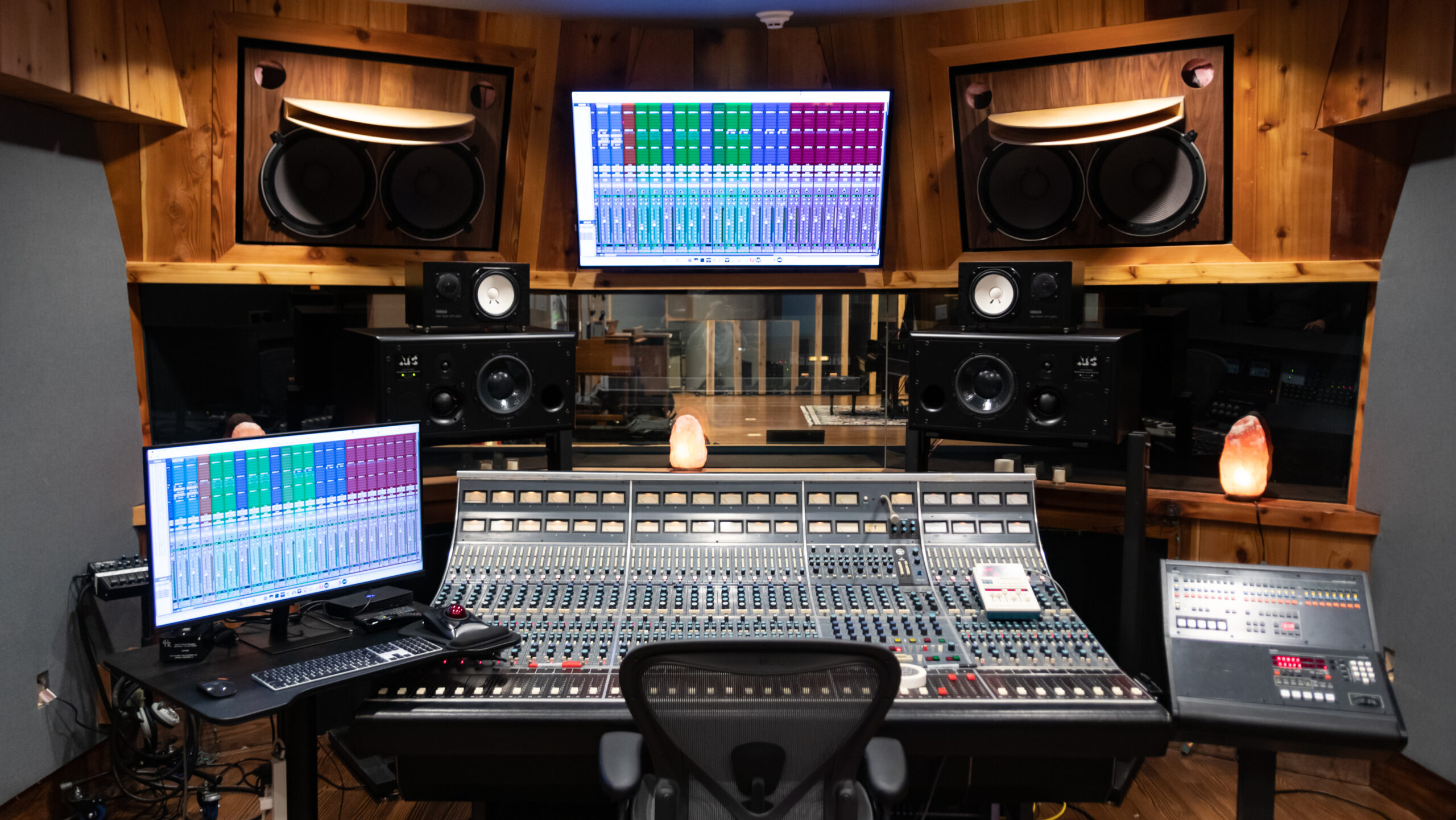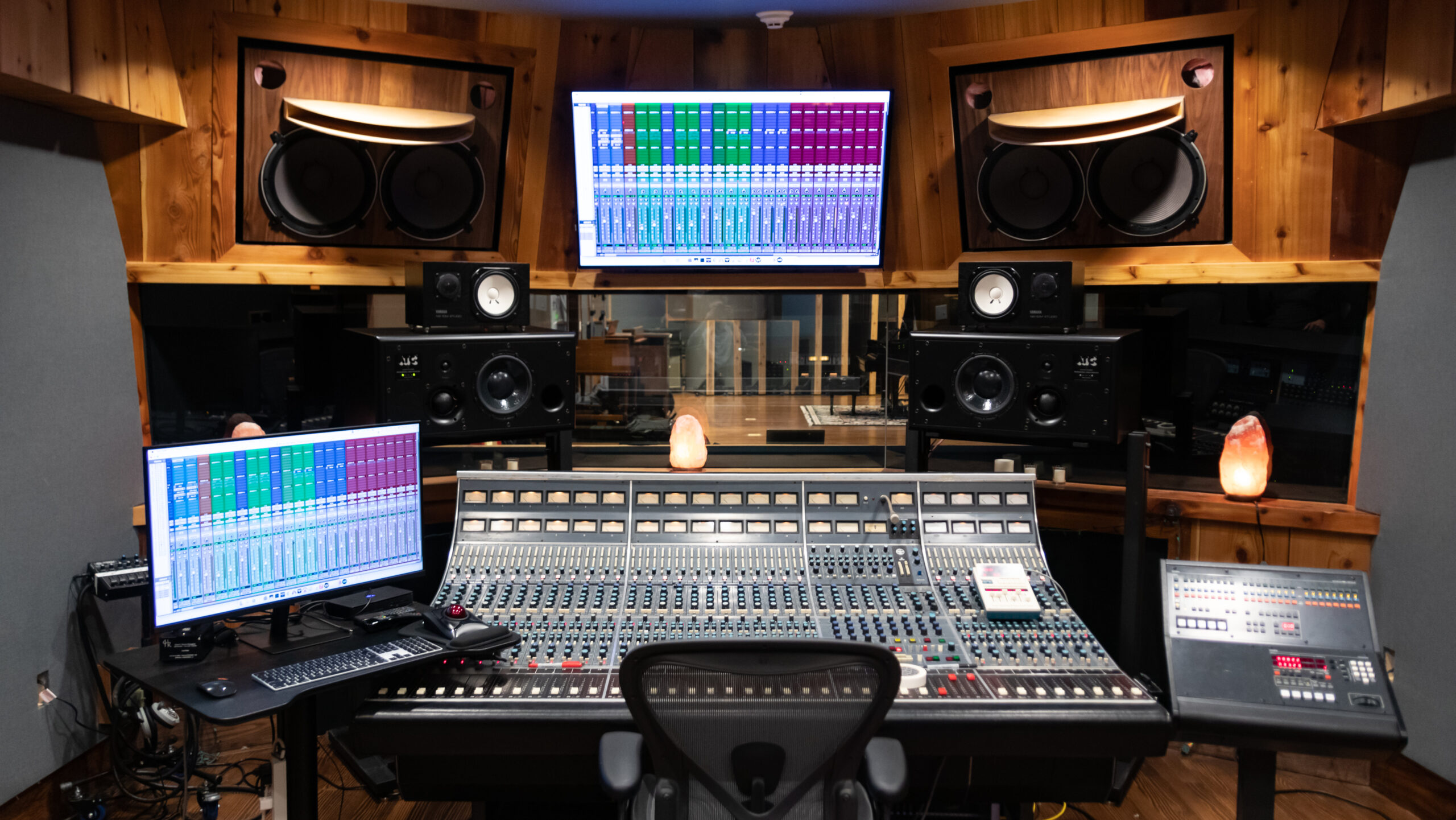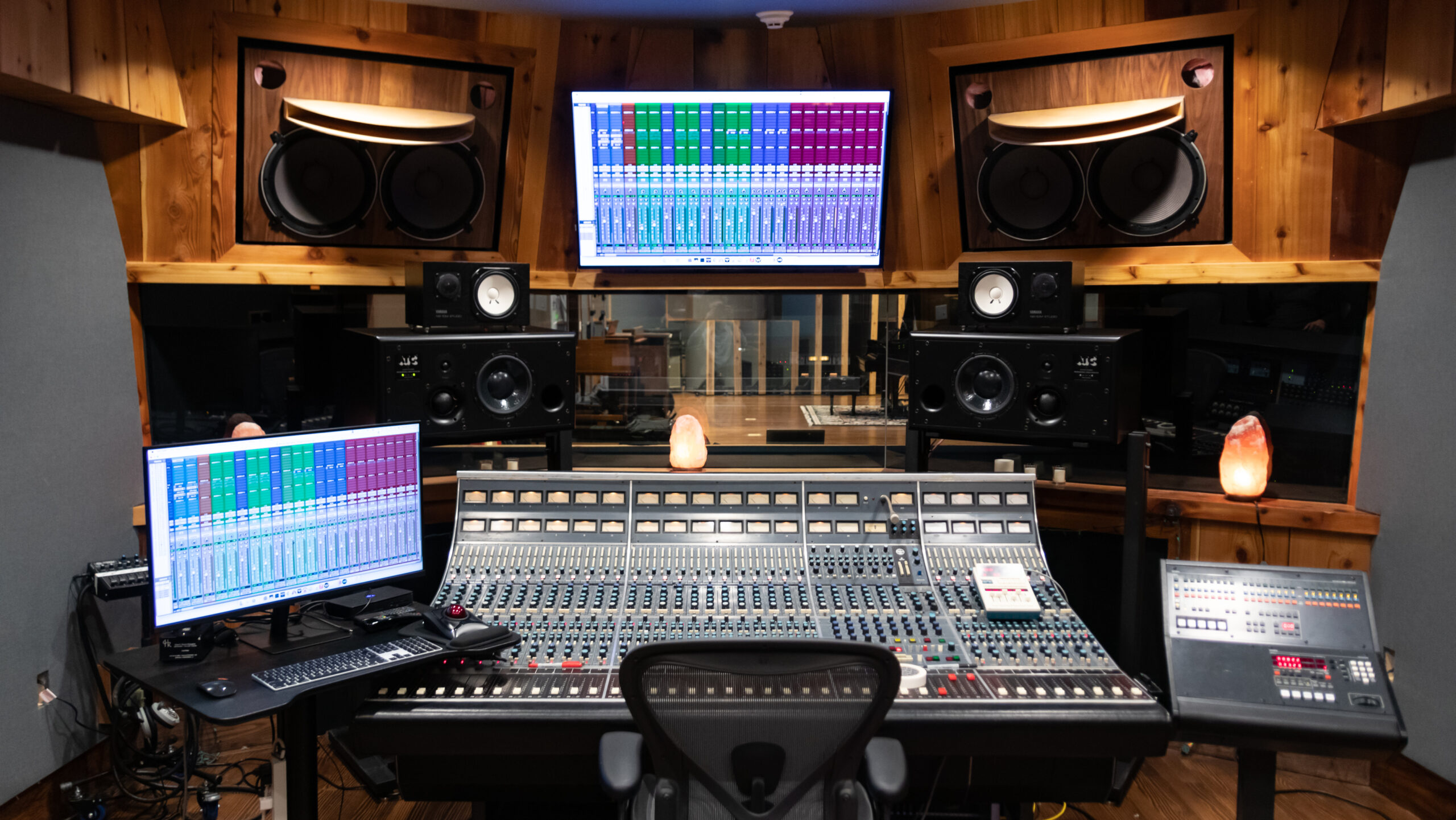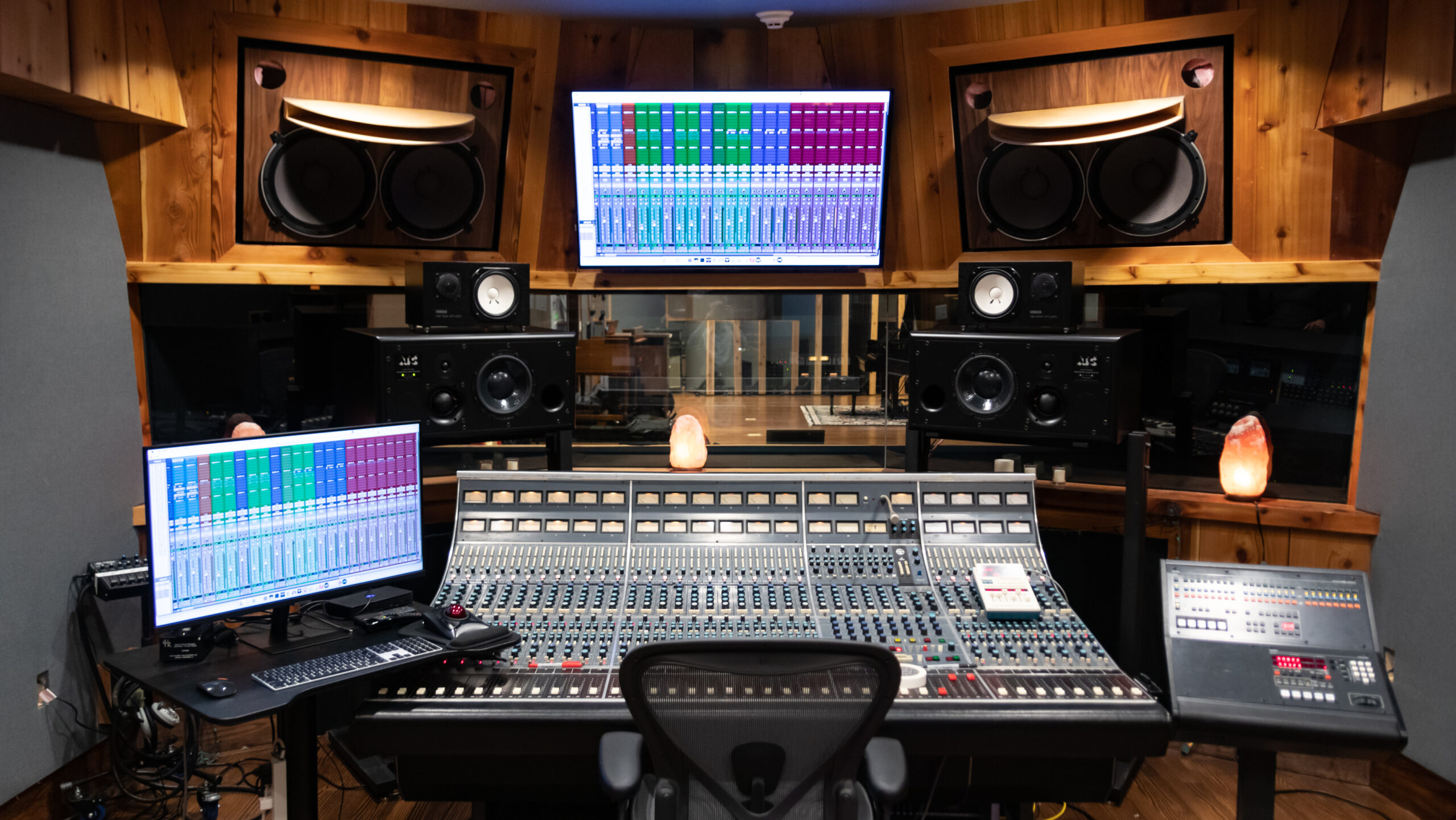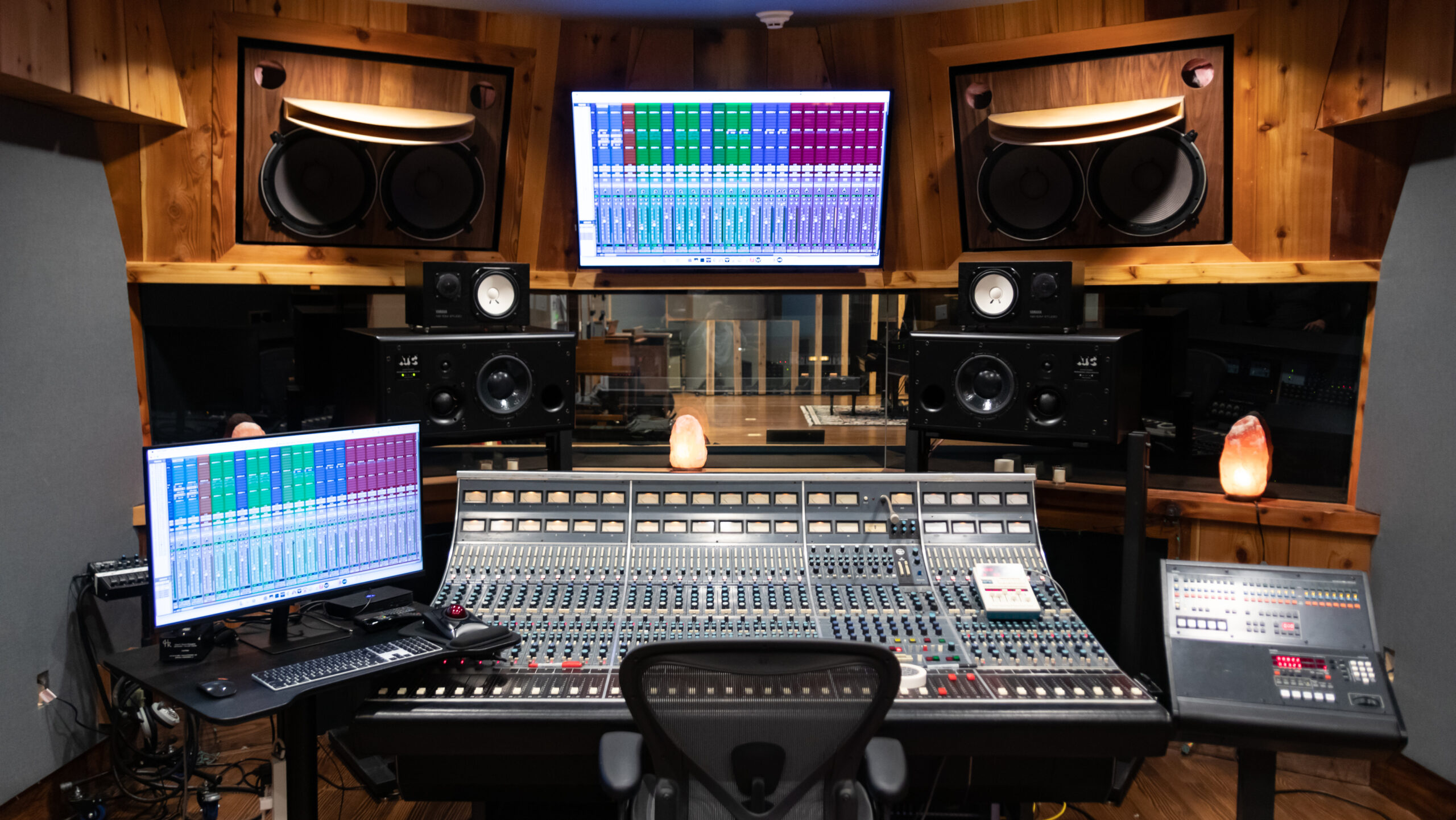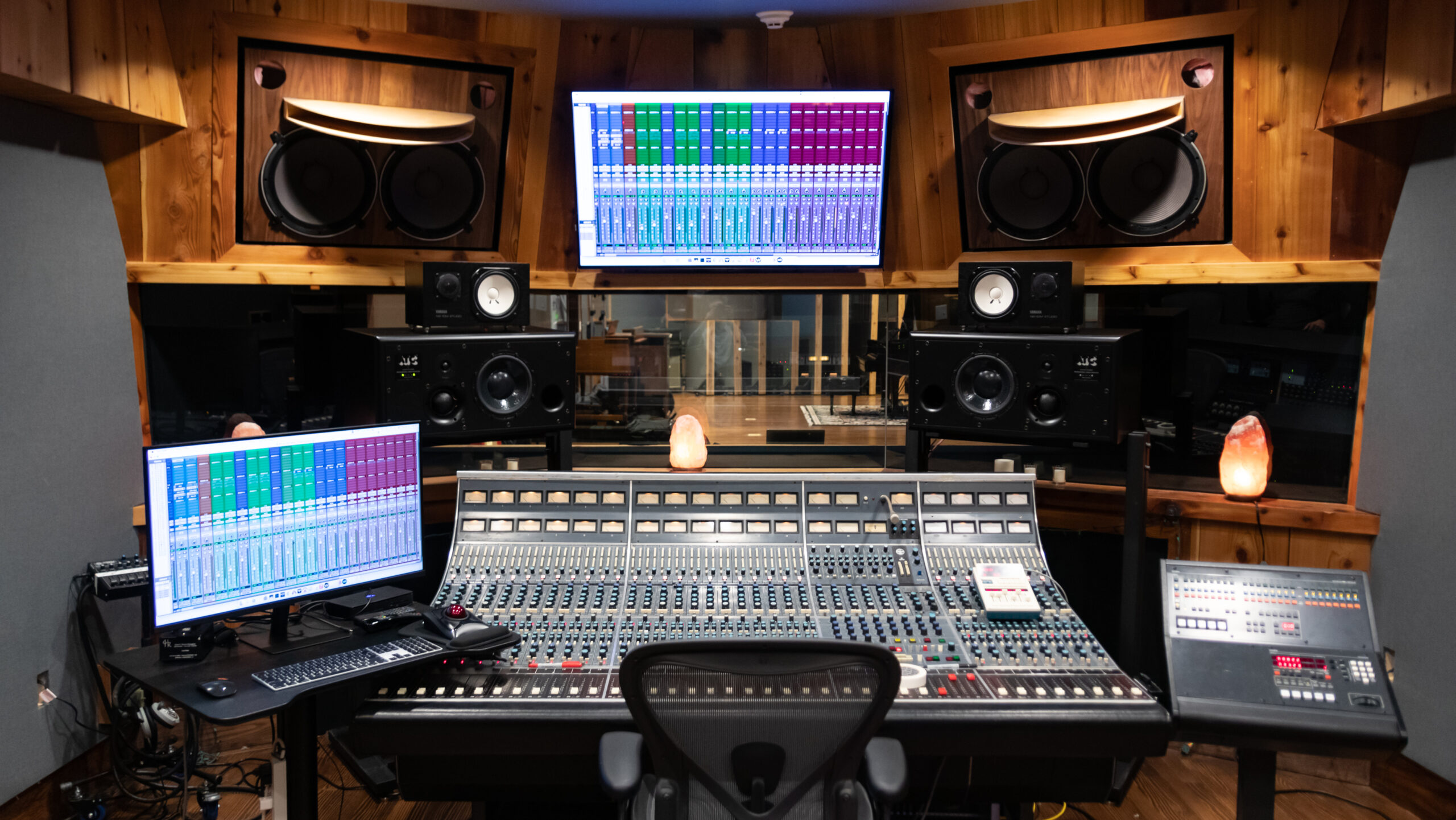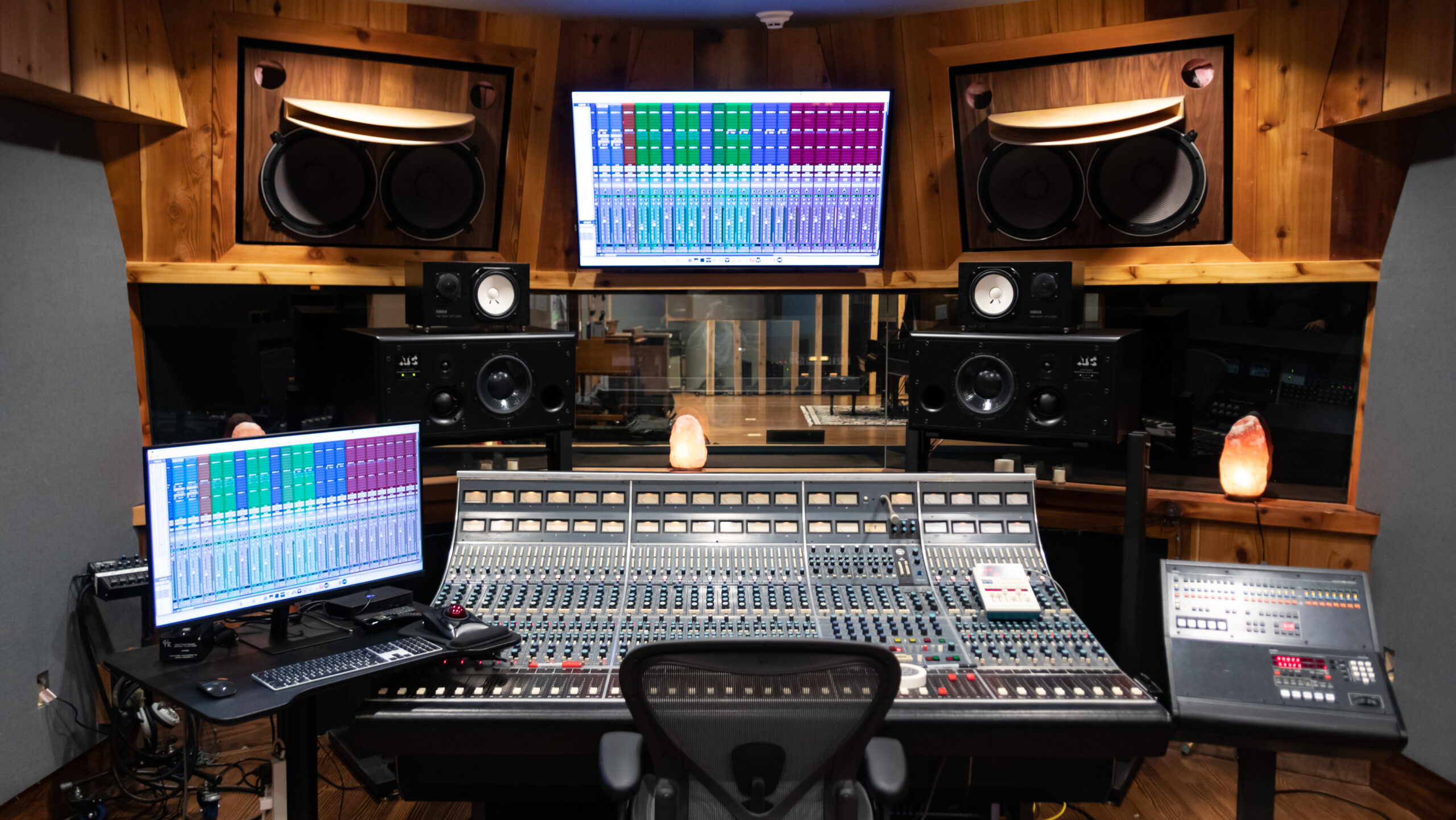Running a recording studio means managing valuable equipment worth thousands or even hundreds of thousands of pounds. From vintage microphones and mixing consoles to guitars, keyboards, and drums, your instruments and gear are the heart of your business. Without proper insurance coverage, a single incident could devastate your studio financially and operationally.
Why Recording Studios Need Specialized Instrument Insurance
Recording studios face unique risks that standard business insurance often doesn't adequately cover. Your collection of instruments, both owned and client-owned, requires specialized protection. Professional-grade recording equipment is expensive to replace and often irreplaceable if vintage or custom-made.
Unlike typical commercial premises, recording studios operate with high-value portable equipment that moves between rooms, gets handled by multiple people, and operates under intensive conditions. This creates exposure to theft, damage, and technical failures that could shut down your business for weeks.
What Recording Studio Instrument Insurance Covers
Owned Instruments and Equipment
Your policy should cover all studio-owned instruments including guitars, basses, keyboards, drums, brass instruments, string instruments, and electronic equipment. This includes mixing desks, microphones, amplifiers, speakers, and recording software.
Client Equipment Protection
Many studios allow clients to bring their own instruments. Your insurance should cover damage to client equipment while on your premises or in your care, custody, and control.
Vintage and Rare Instruments
Specialized coverage for vintage microphones, classic synthesizers, rare guitars, and other collectible equipment that may appreciate in value over time.
Electronic Equipment
Comprehensive protection for digital audio workstations, computers, hard drives, interfaces, and other electronic components essential to modern recording.
Transit Coverage
Protection when moving equipment between locations, whether for mobile recording sessions or equipment repairs.
Business Interruption
Coverage for lost income when equipment damage or theft prevents you from operating normally.
Key Risks Facing Recording Studios
Theft and Burglary
Recording studios are attractive targets for thieves due to the high value and portability of equipment. Professional instruments can be easily stolen and resold.
Accidental Damage
Instruments can be damaged during recording sessions, setup, or breakdown. Spilled drinks, dropped equipment, or electrical surges can cause expensive damage.
Fire and Water Damage
Electrical equipment creates fire risks, while water damage from leaks, floods, or sprinkler systems can destroy electronic equipment and instruments.
Equipment Failure
Professional recording equipment operates under intensive conditions and can fail unexpectedly, requiring expensive repairs or replacement.
Client-Related Incidents
Damage caused by clients using your equipment, whether through inexperience or accidents during recording sessions.
Power Surges and Electrical Issues
Sensitive electronic equipment can be damaged by power fluctuations, lightning strikes, or electrical problems.
Essential Coverage Types for Recording Studios
Contents Insurance
Covers all equipment, instruments, and contents within your studio premises. This should include full replacement value for professional-grade equipment.
All Risks Coverage
Broader protection that covers accidental damage, mysterious disappearance, and other perils not specifically excluded.
Professional Indemnity Insurance
Protects against claims arising from your professional services, such as allegations of poor recording quality or missed deadlines.
Public Liability Insurance
Essential coverage for injury to clients or damage to their property while on your premises.
Employers Liability Insurance
Required if you employ staff, covering injury or illness claims from employees.
Cyber Insurance
Protects against data breaches, cyber attacks, and digital asset loss, increasingly important as studios store valuable recordings digitally.
Factors Affecting Recording Studio Insurance Premiums
Equipment Value
The total value of your instruments and equipment directly impacts your premium. Higher-value collections require more expensive coverage.
Security Measures
Burglar alarms, CCTV systems, secure storage, and access controls can reduce premiums by lowering theft risk.
Location
Studios in high-crime areas or flood-prone locations may face higher premiums due to increased risk exposure.
Claims History
Previous claims can affect future premiums, making risk management and prevention crucial.
Storage and Security
How and where you store equipment when not in use affects your risk profile and premium costs.
Client Screening
Policies regarding client supervision and equipment use can impact your risk assessment.
Choosing the Right Insurance Provider
Specialist Knowledge
Select insurers who understand the recording industry and can provide appropriate coverage for your specific needs.
Flexible Coverage Options
Look for policies that can adapt as your equipment collection grows or changes.
Claims Handling Experience
Choose insurers with experience handling music industry claims and understanding equipment values.
Agreed Value Policies
Consider agreed value coverage for rare or vintage equipment where replacement cost may be difficult to determine.
Risk Management Best Practices
Security Systems
Install comprehensive security systems including alarms, cameras, and access controls to deter theft and reduce premiums.
Equipment Inventory
Maintain detailed records of all equipment including serial numbers, purchase dates, and current values.
Client Agreements
Establish clear terms regarding client equipment use and liability for damage.
Regular Maintenance
Keep equipment properly maintained to prevent failures and extend lifespan.
Environmental Controls
Maintain appropriate temperature and humidity levels to protect sensitive equipment.
Staff Training
Ensure all staff understand proper equipment handling and safety procedures.
Common Policy Exclusions to Watch For
Gradual Deterioration
Normal wear and tear typically isn't covered, so understand what constitutes accidental damage versus normal aging.
Mechanical Breakdown
Some policies exclude mechanical or electrical breakdown unless caused by an insured peril.
Unattended Vehicle Coverage
Equipment stolen from unattended vehicles may have limited or no coverage.
War and Terrorism
These perils are often excluded from standard policies but may be available as separate coverage.
Nuclear Risks
Standard exclusion in most commercial policies.
Making a Claim: What to Expect
Immediate Steps
Report theft to police immediately and notify your insurer as soon as possible. Document damage with photographs and preserve damaged equipment for inspection.
Documentation Requirements
Provide purchase receipts, serial numbers, and proof of ownership. For vintage equipment, obtain professional valuations.
Claims Assessment
Insurers may send specialist adjusters who understand music equipment values and replacement costs.
Settlement Options
Depending on your policy, you may receive cash settlement, replacement equipment, or repair costs.
Cost Considerations
Recording studio instrument insurance typically costs between 0.5% to 2% of the total insured value annually, depending on risk factors. A studio with £100,000 worth of equipment might pay £500 to £2,000 annually for comprehensive coverage.
Factors that can reduce costs include:
- Comprehensive security systems
- Professional equipment storage
- Claims-free history
- Higher deductibles
- Bundling with other business insurance
Specialized Coverage Options
Vintage Equipment Coverage
Specialized policies for rare and vintage equipment that may appreciate in value over time.
Mobile Recording Coverage
Extended coverage for equipment used in mobile recording situations or remote locations.
Client Equipment Liability
Specific coverage for damage to client-owned equipment while in your care.
Digital Asset Protection
Coverage for valuable recordings, masters, and digital content stored on your systems.
The Claims Process
When making a claim, documentation is crucial. Maintain detailed inventories with photographs, serial numbers, and purchase receipts. For vintage equipment, regular professional appraisals help establish values.
Work with insurers who understand the music industry and can properly assess equipment values. Some insurers have specialist adjusters familiar with recording equipment and its replacement costs.
Future-Proofing Your Coverage
The recording industry continues evolving with new technologies and equipment types. Ensure your policy can adapt to cover new acquisitions and changing technology needs.
Regular policy reviews help ensure coverage remains adequate as your business grows and equipment values change.
Conclusion
Recording studio instrument insurance is essential protection for your business investment. The right coverage protects not only your equipment but also your ability to continue operating when the unexpected occurs.
Work with insurance professionals who understand the unique needs of recording studios and can provide comprehensive coverage tailored to your specific situation. The cost of proper insurance is minimal compared to the potential financial devastation of being uninsured when disaster strikes.
Don't let inadequate insurance coverage silence your studio. Protect your instruments, equipment, and business with specialized recording studio insurance designed for the unique challenges of the music industry.
Get Your Recording Studio Insurance Quote Today
Protect your valuable recording equipment and business with comprehensive insurance coverage. Contact Insure24 at 0330 127 2333 or visit www.insure24.co.uk for a tailored quote that meets your recording studio's specific needs.


 0330 127 2333
0330 127 2333
